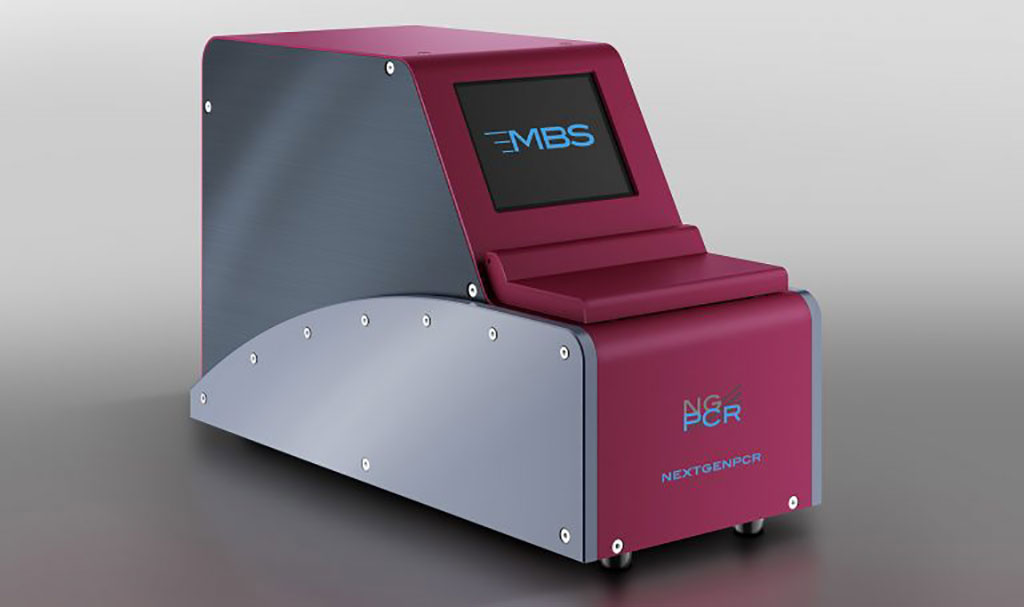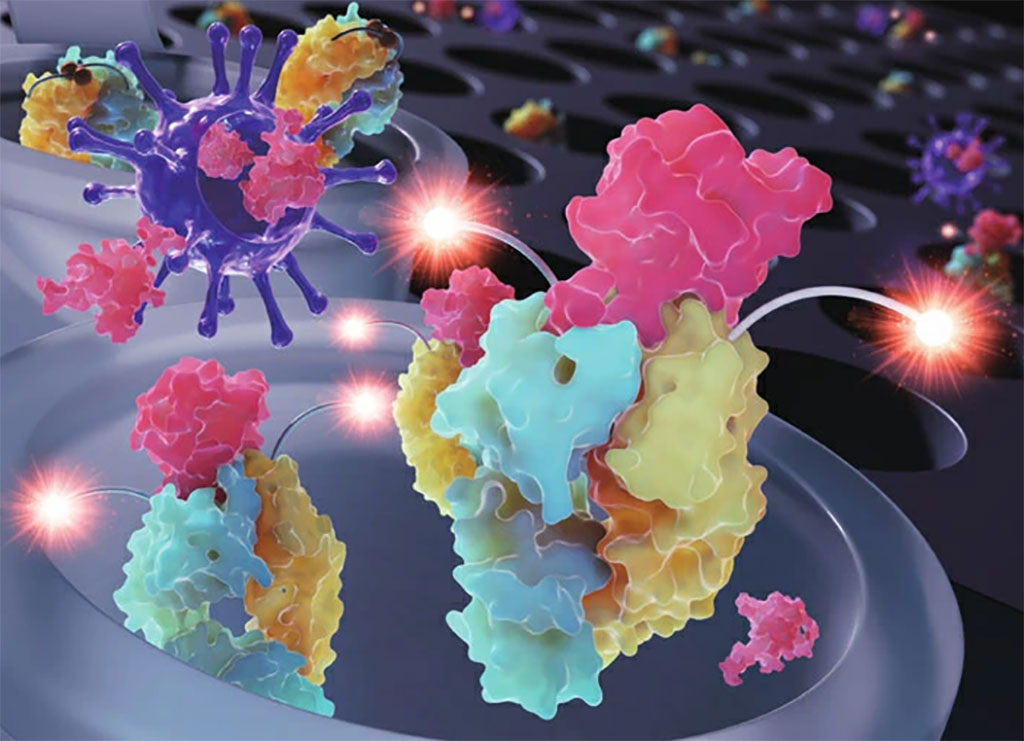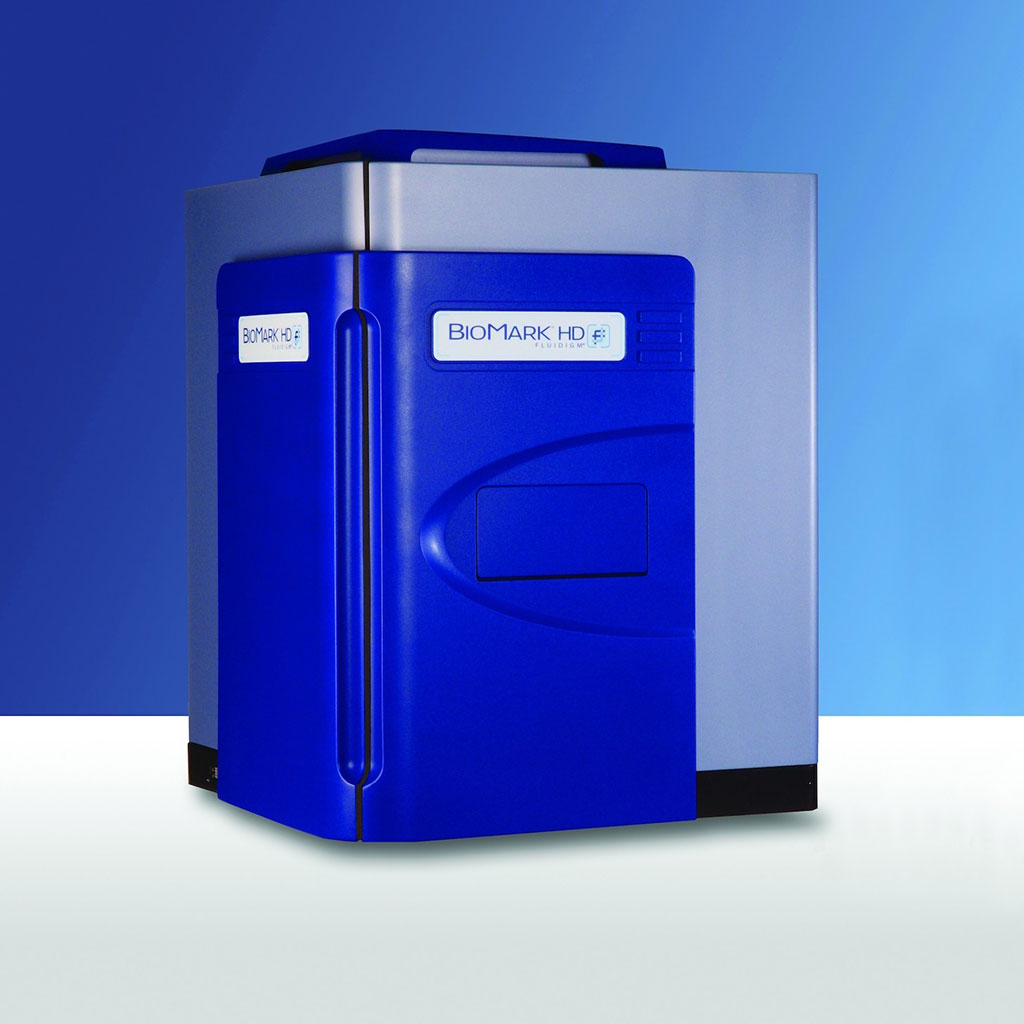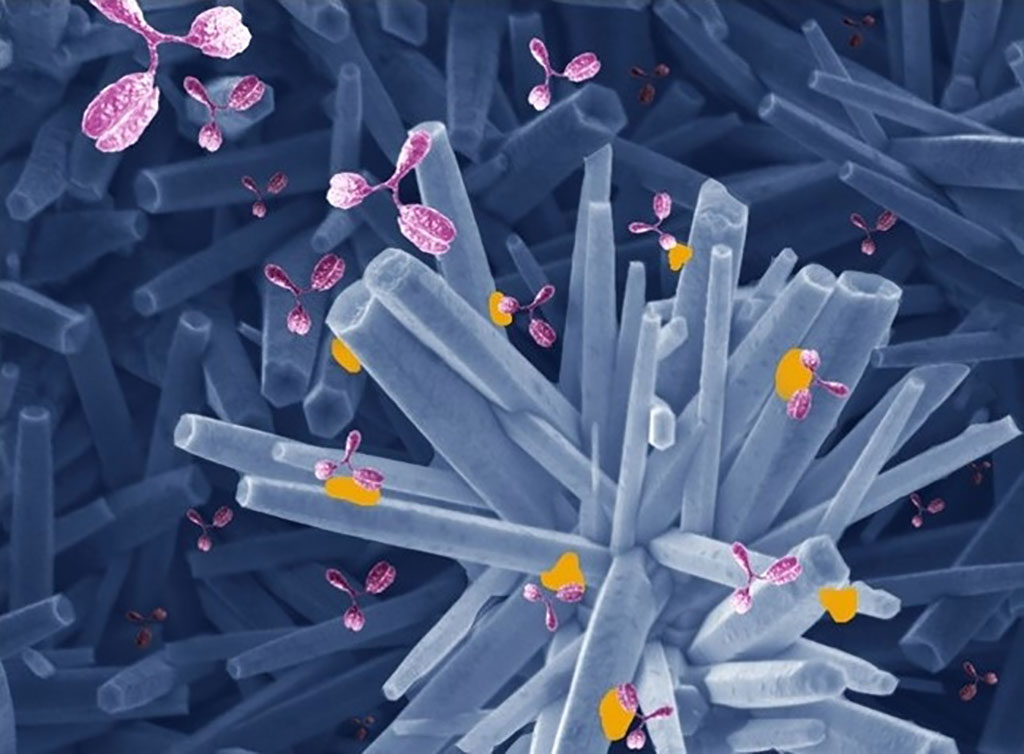NEXTGENPCR Endpoint Thermocycler Decreases PCR Amplification Time for SARS-CoV-2 to Eight Minutes
By LabMedica International staff writers
Posted on 06 Apr 2020
Molecular Biology Systems, B.V. (Goes, The Netherlands), a biotechnology company, has developed a method using its NEXTGENPCR endpoint thermocycler and consumables that decreases PCR amplification time for SARS-CoV-2 to eight minutes. Combined with smaller reaction volumes, increased samples per run, and standard, affordable laboratory equipment, a qualitative protocol was generated that could readily detect SARS-CoV-2 control DNA, with equivalent sensitivity. A single unit, the size of a shoebox, could perform a hundred and eighty (180) amplification runs a day, an almost 10-fold increase over the current US Centers for Disease Control (CDC) recommended instrumentation. The detection of amplified product can be done with widely-available blue light gel document systems. Posted on 06 Apr 2020
The NEXTGENPCR thermocycler uses patented heating and cooling technology to reduce PCR amplification cycles from hours to minutes. These technological advances are intended to support laboratorians across the life sciences market reduce costs and accelerate results. Since the NEXTGENPCR accepts both 96 and 384-well reaction plates, the company tested both versions to increase throughput. By utilizing 384-well plates, the machine successfully processed four times as many samples without a loss in performance. The 384-well reaction chambers only require 25% of the reaction volume which would lower the supply burden placed on laboratories following the current CDC protocol. The company is now collaborating with testing laboratories in the US and the Netherlands to transfer and validate the method.

Image: The NEXTGENPCR thermocycler (Photo courtesy of Molecular Biology Systems, B.V.)
“We sought to decrease what we identified as the longest step in the current testing scheme, amplification. We started with the CDC assay because it is well characterized and has been readily available,” said Gert de Vos, CEO and founder of Molecular Biology Systems. “This protocol produces a simple yes/no answer — so a single machine, is capable of running 24/7, with eight-minute runs may provide a scalable screening solution analyzing 22,860 samples per day.”
Related Links:
Molecular Biology Systems, B.V.














